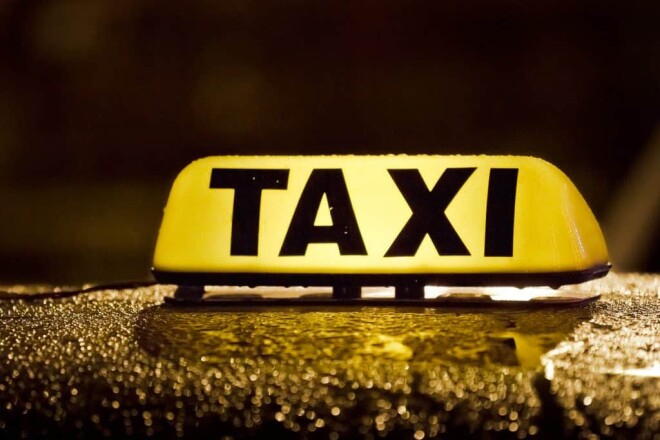
Early in my solo career, I had a part-time gig working for the NYC taxi driver’s union. My friend’s wife’s Dad was the founder and President of the union. They represented drivers in contract negotiations with the City, provided health insurance to taxi drivers, and also offered the members a “legal plan.” The main benefit of the legal plan was a free lawyer for traffic court.
A big “labor law” firm represented the union. Part of their representation required them to provide lawyers for traffic court. However, very often there were more traffic court appearances than the firm could handle. When that happened, yours truly got the call from union headquarters.
I used to mostly go to “Manhattan South” (down by Astor Place…..terrible parking, but a big Starbucks across the street) or “Manhattan North” (126th Street in Harlem….parking not too bad, but no Starbucks). Most of the cases were red-light tickets. I got pretty good at defending them, topping out at winning 75% of the time. I learned how to do it by watching experienced traffic court lawyers. If they were nice, and most were, I asked for advice.
OK…it’s not what this story is about, but I will tell you how I won so many cases. The easiest ones were when the officer didn’t show, but that didn’t happen too often. Traffic officers have their regular court days, it’s part of the job. Any ticket where a person pleads not guilty gets a date on that officer’s assigned day. The dedicated traffic cops were hard to beat, and my 25% losers were with them. They would lay out the case perfectly, and if it ever came down to credibility (drivers word versus the cop, the driver is dead meat). As one of the regulars told me, you NEVER want a traffic case to hinge on credibility.
The way to win is when the officer leaves out some element of the “prima facie case.” This happened when either the ticket or the officer’s testimony was lacking an essential element for the violation charged. I had a little mental checklist……date, time, where officer was, light in working order before and after, vehicle kept in continuous view, things like that. Officers who are not strictly traffic guys (cops on patrol who happen to pull someone over and give a ticket) would frequently fill out the ticket wrong OR not testify to all the required elements. If they left one out, the Judge would ask them “is there anything else?”, and if they couldn’t think of anything else, I’d make an oral motion to dismiss and Mr. Singh would go on his merry way.
Unfortunately, the union president called me one day and said, “I’m sorry, but we can’t pay you to go to traffic court anymore.”
Being a stellar businessman I replied “But I can’t do it for free.”
He said “Of course not, what happened is we need our labor law firm to cover ALL the traffic court stuff, and we don’t have it in the budget to pay you for the extras, so THEY have to get their own people. But don’t worry, YOU are gonna do the ECB cases”.
I knew that ECB stood for Environmental Control Board, but I didn’t see what that had to do with the taxi union.
I said “What are the ECB cases?”
“Well, those are mostly noxious liquids cases.”
And so, I got to make the call that every young lawyer dreams about….
“Hi Mom, guess what? I’m starting a new thing, I’ll be representing peeing cab drivers.”
Actually, there were two main kinds of noxious liquids cases. I called them either “containers” or “squirters”. Containers were when a driver poured a “noxious liquid” from a container, usually a coffee cup, into the street. I sometimes wondered how the officer KNEW it was a noxious liquid and not just cold coffee. I also wondered what the officers told THEIR mothers about their job.
A squirter ticket was when the officer actually saw the driver delivering his noxious liquid streetward. Those were difficult to defend, especially if the driver made it about credibility by insisting they didn’t do it. I mean, what could we say to explain what the officer saw……that my client was just…….standing behind the cab…..resting ???
I did the noxious liquids cases for about two months. It was kind of fun. But I had to stop, mostly because the ECB cases were heard in mid-town, so I couldn’t park and I just didn’t feel like taking the subway.
All in all though, like many things that end up as “law stories”, it was worth doing.
All opinions, advice, and experiences of guest bloggers/columnists are those of the author and do not necessarily reflect the opinions, practices or experiences of Solo Practice University®.






















Comments are closed automatically 60 days after the post is published.